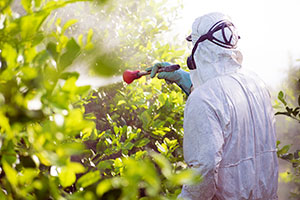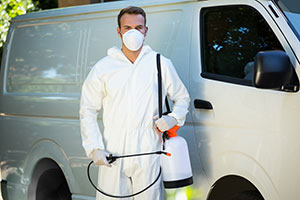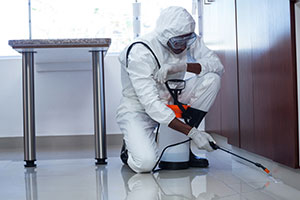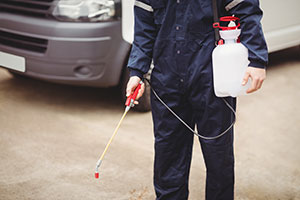
The Silent Invaders: Detecting and Preventing Termites in Your Residence
Ever feel like you're not alone in your own home? You're right, you aren't. Those tiny, silent invaders, termites, could be feasting [Read More...]

Child and Pet Safe Approaches to Residential Pest Control
Don't let pests run you out of your own home! It's time to take back control, safely and effectively. You're not alone in this [Read More...]












